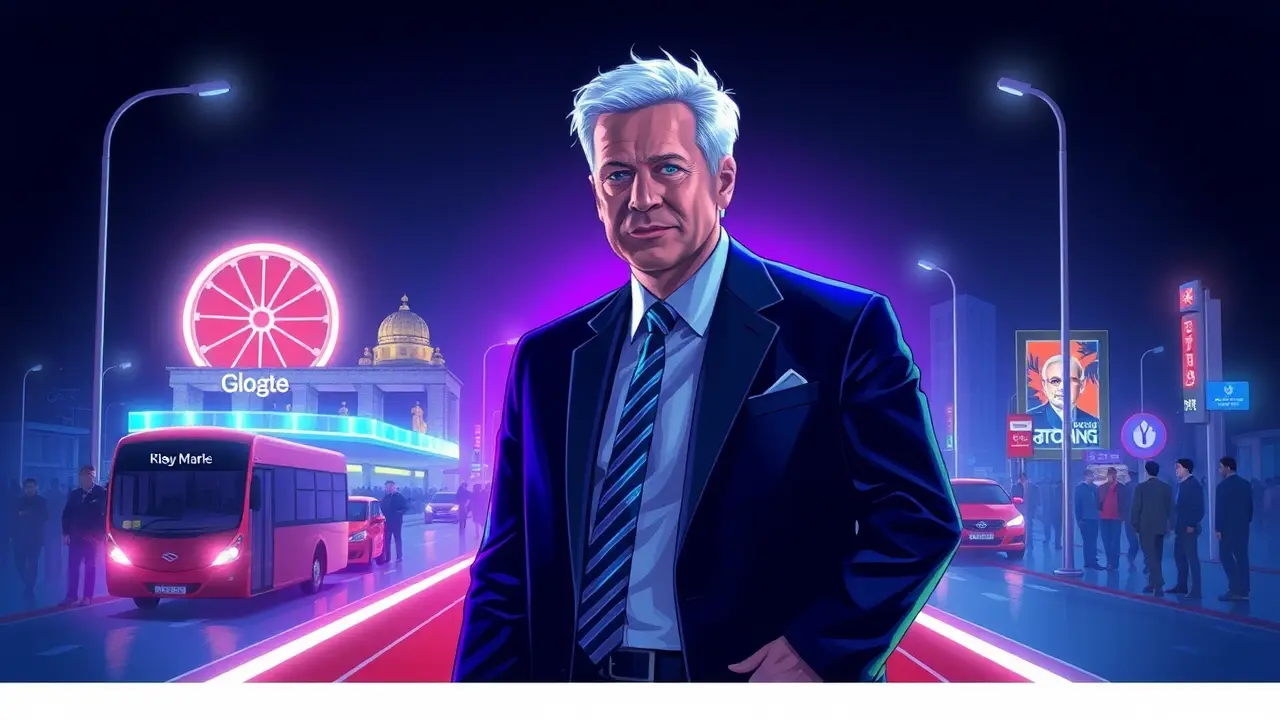- News
- sanctions-trade
- Starmer enters parallel universe as red carpet pulled out in India amid trade deal
Starmer enters parallel universe as red carpet pulled out in India amid trade deal
Prime ministers often inhabit two radically different worlds simultaneously—the global stage where they're celebrated and the domestic arena where they're scrutinized—but rarely has this dichotomy been as stark as during Keir Starmer's recent Mumbai arrival. After enduring what can only be described as a political hailstorm back in Britain, where his government faced relentless opposition and sinking approval ratings following a series of legislative setbacks and internal party tensions, Starmer stepped onto Indian soil to find his visage plastered across countless posters lining Mumbai's bustling motorways and narrow backstreets, a surreal red-carpet welcome orchestrated by Indian officials keen on cementing a new bilateral trade agreement.This theatrical display of diplomatic affection, complete with ceremonial fanfare and meticulously staged photo-ops with Indian business elites, created a jarring parallel universe for the British leader, who had just navigated a torrid month of parliamentary battles and media criticism over his handling of the NHS funding crisis and controversial immigration reforms. The newly inked trade deal, which promises to boost UK-India commerce by streamlining regulatory hurdles and expanding market access for British financial services and Indian tech firms, served as the centerpiece of this carefully choreographed visit, allowing Starmer to temporarily escape his Westminster woes and bask in the glow of international statesmanship.Yet seasoned political strategists watching from London were quick to note the strategic timing of this overseas triumph, recognizing it as a classic diversionary tactic—what campaign insiders call 'the foreign policy pivot'—deployed precisely when domestic fortunes wane. Historical precedents abound, from Margaret Thatcher's Falklands War rallying effect to Tony Blair's Kosovo intervention during domestic scandals, demonstrating how external victories can temporarily overshadow internal turmoil.However, the risks remain substantial: should the India agreement fail to deliver its promised economic benefits—particularly in key UK constituencies like manufacturing and agriculture—or if visa concessions quietly embedded in the deal spark backlash from anti-immigration factions, Starmer's Mumbai moment could transform from political theater into potent ammunition for his opponents. Meanwhile, Indian Prime Minister Narendra Modi's government clearly recognized the mutual advantage, using Starmer's vulnerability to negotiate favorable terms on technology transfer and pharmaceutical imports while bolstering their own global standing. As Starmer returns to Westminster, the lingering question isn't whether the red-carpet treatment provided temporary relief, but whether this high-stakes geopolitical gambit can withstand the relentless pressure of Britain's fractured political landscape, where every international handshake is microscopically analyzed for domestic implications.
It’s quiet here...Start the conversation by leaving the first comment.
© 2025 Outpoll Service LTD. All rights reserved.
